I desire no other evidence of the truth to Christianity than the lord's prayer
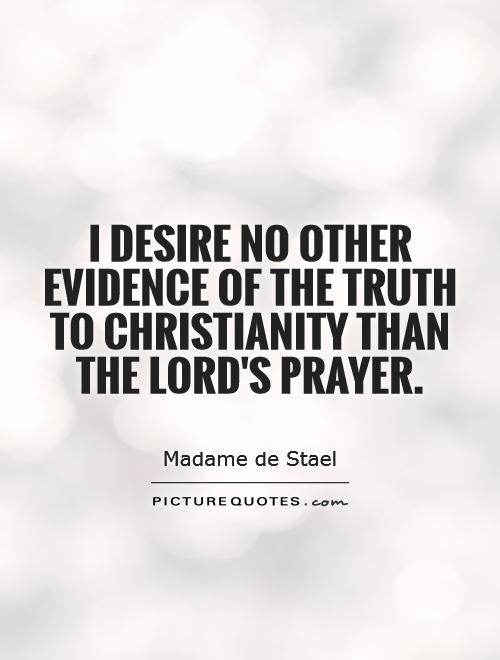
I desire no other evidence of the truth to Christianity than the lord's prayer
Madame de Stael, a prominent figure in French literature and politics during the 18th and 19th centuries, was known for her intellectual prowess and keen insights into various philosophical and religious matters. In her writings, she often delved into the complexities of faith and spirituality, exploring the intersection of reason and belief. One of the most famous quotes attributed to her is, "I desire no other evidence of the truth to Christianity than the Lord's Prayer."This statement reflects Madame de Stael's deep conviction in the power and significance of the Lord's Prayer as a foundational aspect of Christian faith. The Lord's Prayer, also known as the Our Father, is a central prayer in Christianity that was taught by Jesus to his disciples as a model for how to pray. It encompasses themes of reverence, submission, forgiveness, and supplication, encapsulating the core tenets of Christian belief.
For Madame de Stael, the Lord's Prayer served as a litmus test for the authenticity and truth of Christianity. Its simplicity, yet profound depth, resonated with her on a spiritual level, providing a sense of clarity and certainty amidst the complexities of religious doctrine and dogma. In a world filled with skepticism and doubt, the Lord's Prayer stood as a beacon of truth and authenticity, a timeless expression of faith that transcended cultural and historical boundaries.
Madame de Stael's statement also speaks to her intellectual rigor and discerning nature. As a thinker and writer, she was not one to accept beliefs blindly or without scrutiny. Her endorsement of the Lord's Prayer as evidence of the truth to Christianity suggests that she had carefully considered its implications and found them to be compelling and persuasive.


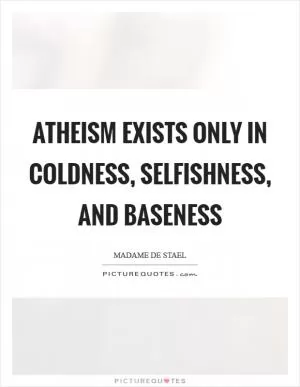
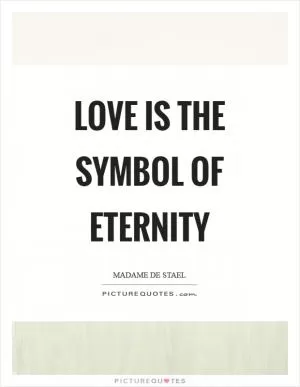


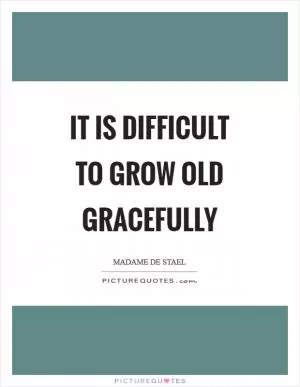

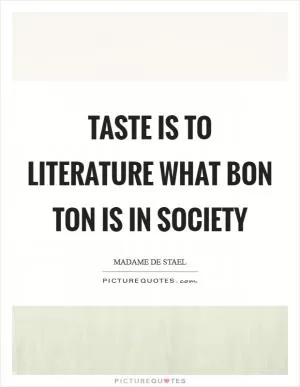
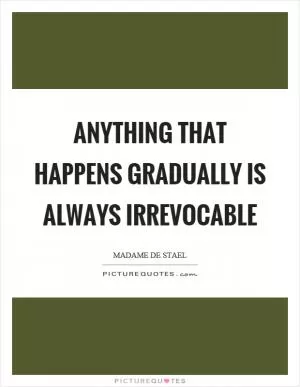


 Friendship Quotes
Friendship Quotes Love Quotes
Love Quotes Life Quotes
Life Quotes Funny Quotes
Funny Quotes Motivational Quotes
Motivational Quotes Inspirational Quotes
Inspirational Quotes